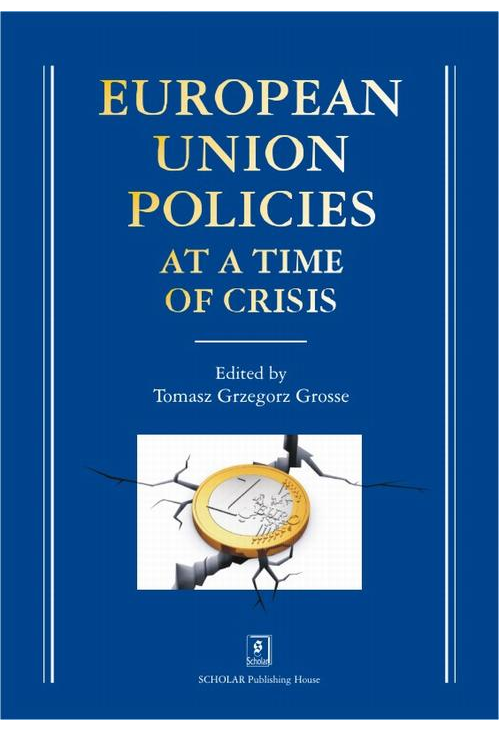
- -22%
ebook European Union Policies at a Time of Crisis
W ostatnich latach, a szczególnie od wybuchu kryzysu strefy euro w 2010 roku, model integracji europejskiej uległ zmianie. Wzrost politycznej potęgi najsilniejszych państw członkowskich i podział Unii Europejskiej na odrębne kręgi integracyjne stały się nową rzeczywistością. Te procesy współwystępowały z szeregiem powiązanych zmian, takich jak rosnąca polityczność Komisji Europejskiej, wzrastająca instytucjonalizacja strefy euro i petryfikacja podziału geograficznego i politycznego na państwa centralne i peryferyjne w UE. Obecnie trudno przewidzieć, czy te zmiany okażą się krótkotrwałe czy długofalowe oraz jakie będą ich konsekwencje systemowe (czyli jaki wpływ wywrą na system polityczny Europy). Podobnie trudno jest ocenić, w jaki sposób zmiany te wpłyną na szczegółowe polityki unijne. Próba odpowiedzi na te trudne, ale fascynujące pytania jest celem naszej książki.
Tomasz Grzegorz Grosse, profesor nauk politologicznych i kierownik Katedry Polityk Unii Europejskiej na Uniwersytecie Warszawskim, autor książki "W poszukiwaniu geoekonomiki w Europie" oraz współredaktor tomu "Aspekty kryzysu".
Autorzy tego tomu oferują kompleksową analizę warunków i wyników polityki UE w kontekście integracji europejskiej. Ambitny zakres projektu wymagał znajomości ekonomii, historii, politologii, stosunków międzynarodowych, prawa oraz nawet socjologii. Autorzy spełniają obietnicę daną czytelnikom: tom zawiera wyczerpujące i szczegółowe wyjaśnienie wpływu kryzysu na praktykę integracyjną oraz współczesne uwarunkowania integracji europejskiej, w tym zarówno jej strukturę, jak i funkcjonowanie.
Zbigniew Czachór, autor książki "Kryzys i zaburzone dynamiki Unii Europejskiej".
Tom pod redakcją Tomasza G. Grosse'a obiecuje być bardzo cennym wkładem do polskich studiów europejskich. Należy on do szerszego nurtu krytycznych refleksji nad integracją europejską i jako taki otwiera nowe możliwości konstruktywnej debaty o obecnym i przyszłym stanie Unii Europejskiej.
Janusz Ruszkowski, współautor książki "Euro: wspólna waluta zjednoczonej Europy".
Autorzy: Paweł J. Borkowski, Jacek Czaputowicz, Tomasz Grzegorz Grosse, Krzysztof M. Księżopolski, Justyna Miecznikowska, Jadwiga Nadolska, Artur Nowak-Far, Kamila Pronińska, Małgorzata Smutek, Krzysztof Szewior, Jolanta Szymańska, Joanna Ziółkowska.
Dostępny w formacie ebook, ten tytuł jest idealnym wyborem dla pasjonatów europeistyki i osób zainteresowanych najnowszymi zmianami w polityce unijnej. Ebook "European Union Policies at a Time of Crisis" dostępny jest do kupienia w sklepie z ebookami, gdzie znajdziesz również inne ciekawe tytuły. Pobierz ten fascynujący ebook i zagłęb się w analizę wpływu kryzysu na polityki UE. Czytaj wygodnie w dowolnym miejscu i czasie, korzystając z formatu PDF, który umożliwia łatwe czytanie na różnych urządzeniach.
Wydanie elektroniczne tej książki to publikacja cyfrowa, która gwarantuje szybki dostęp do treści i wygodę użytkowania. Nie przegap okazji, by zdobyć wiedzę o aktualnych wyzwaniach i trendach w polityce europejskiej. Kup e-booka "European Union Policies at a Time of Crisis" już dziś i ciesz się literaturą naukową na najwyższym poziomie!
Spis treści ebooka European Union Policies at a Time of Crisis
Introduction. European Policies and Change in the EU Integration Model 9Tomasz Grzegorz Grosse
Introduction 9
1. The growing importance of intergovernmentalism 10
2. What kind of an integration model emerged during the crisis? 17
3. Political segmentation in Europe 23
4. Main research questions and hypotheses 28
1. Systematisation of Concepts and Models Related to Differentiated Integration
and Political Segmentation 33
Joanna Ziółkowska
Introduction 33
1.1. Differentiated integration and political segmentation 33
1.2. The beginnings of the debate on differentiated integration 36
1.3. The second wave of the debate 39
1.4. The debate in the 1990s 42
1.5. The differentiation debate following the Amsterdam Treaty 46
1.6. A classification of differentiated integration categories 50
1.7. A proposed classification 53
Conclusions 56
2. European Union Foreign Policy at a Time of EU Crisis and Fragmentation 59
Paweł J. Borkowski, Małgorzata Smutek
Introduction 59
2.1. The appeal of a Europe engulfed in crisis 62
2.2. Implementation of the Lisbon Treaty in times of crisis 69
2.3. EU international activities in a regional and problem-related approach,
in the context of the crisis and the threat of fragmentation 75
Conclusions 82
3. The Impact of the Changing European Integration Model
on the Common Security and Defence Policy 85
Jacek Czaputowicz
Introduction 85
3.1. The impact of the crisis on the CSDP 87
3.2. Positions of Member States with regard to the CSDP 90
3.3. Division lines in the CSDP 96
Conclusions 99
4. Economic and Financial Crisis in the European Union:
The Definition of the Concept and Scholarly Discussion Over It 103
Artur Nowak-Far
Introduction 103
4.1. The economic and financial crisis in the Eurozone 104
4.1.1. The characteristics of the Eurozone Crisis 105
4.2. The Eurozone crisis as a crisis of the EU’s economic governance system 113
Conclusions 123
5. Social Policy at a Time of Changes in the Model of European Integration 131
Jadwiga Nadolska, Krzysztof Szewior
Introduction 131
5.1. Social policy in the process of European integration 132
5.2. Social policy in times of crisis 135
5.3. The place of European social policy in the new architecture
of economic governance in the EU 138
5.4. Forms of interference of EU bodies in Member States’ social spheres,
within the framework of the new economic governance 140
5.4.1. Assistance packages 140
5.4.2. The European Semester 146
5.5. European social policy: between supranationality
and intergovernmentalism 150
5.6. Growth of asymmetry in the social sphere between North and South 152
Conclusions 153
6. Cohesion Policy During the Eurozone Crisis 157
Tomasz Grzegorz Grosse
Introduction 157
6.1. The influence of the crisis on the cohesion policy 159
6.2. Increased intergovernmental or community action? 163
6.3. Divisions and hierarchy between Member States 168
6.4. The dividing line in cohesion policy 170
Conclusions 176
7. The Common Agricultural Policy at a Time of Crisis 179
Justyna Miecznikowska
Introduction 179
7.1. Divisions within the Common Agricultural Policy: consequences of diversified
agrarian structure and production potential 181
7.2. Divisions in the Common Agricultural Policy: consequences of different direct
payments schemes 182
7.3. Negotiating the MFF: on financing the post-2013 CAP 185
7.4. Discussion on the post-2013 CAP: disputes and divisions within the EU 191
7.5. CAP reform and segmentation of the EU 194
Conclusions 200
8. Energy Policy and the Change in the Model of European Integration 203
Kamila Pronińska
Introduction 203
8.1. Energy policy in the contemporary processes of European integration 204
8.2. Determinants of EU energy policy during the crisis in the Eurozone 209
8.3. Intergovernmentalism vs. the community method in EU energy policy 213
8.4. EU energy policy – a mechanism to augment segmentation in the EU
or an area in which these tendencies can be halted? 221
Conclusions: Energy policy at a time of crisis – divergent challenges
and conflicting interests? 229
9. European Union Climate Policy – the Crisis as a Catalyst for Change 233
Krzysztof M. Księżopolski
Research objectives 233
9.1. On the essence of climate change and EU climate policy 233
9.2. Conditions and division relating to climate policy costs 236
9.3. Towards a new integration model in European Union climate policy 244
9.4. The Climate and Energy Package 2030 and the deepening
of divisive tendencies 246
9.5. Segmentation in the EU climate policy 253
Conclusions 256
10. Intergovernmentalism vs. Supranationalism in the Migration Policy
and Home Affairs of the European Union 259
Jolanta Szymańska
Introduction 259
10.1. The direction of “communitarisation”: a historical development
of cooperation in the area of home affairs and justice 261
10.2. Reversing the trend? The area of freedom, security and justice
in the post-Lisbon period 263
10.3. A change in the political mood, and the unfavourable atmosphere
surrounding migration 264
10.4. The first cracks – the “Arab Spring” crisis and the Schengen
system reform 266
10.5. The migration crisis and the fight over the distribution of refugees
in the European Union 271
10.6. Freedom of movement – not under the same rules for everyone? 274
10.7. “De-Lisbonisation” of cooperation in the field of home affairs:
the implementation of the Stockholm Programme and EU priorities
in the area of freedom, security and justice for the years 2015–2019 276
Conclusions 278
Summary. Towards Regional Disintegration Theory 281
Tomasz Grzegorz Grosse
Introduction 281
1. Results of crises 284
2. Increased intergovernmentalism and the hierarchy of power 289
3. The ambiguous role of the Commission and the weakening
of communitarianism 292
4. Divisions in the EU 296
Conclusions: Towards a theory of regional disintegration 300
Bibliography 307
About the Authors 341
Index of names 345
Szczegóły ebooka European Union Policies at a Time of Crisis
- Wydawca:
- Scholar
- Rok wydania:
- 2017
- Typ publikacji:
- Ebook
- Język:
- angielski
- Format:
- Liczba stron:
- 352
- Miejsce wydania:
- Warszawa
- ISBN dla wersji papierowej:
- 9788373838260
Recenzje ebooka European Union Policies at a Time of Crisis
-
Reviews (0)

Na jakich urządzeniach mogę czytać ebooki?
- -22%


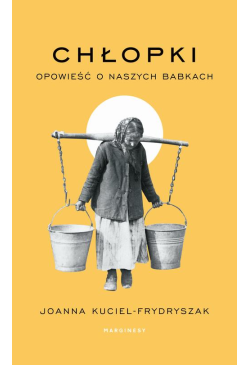
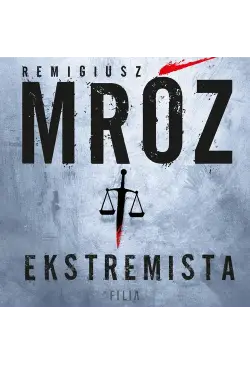

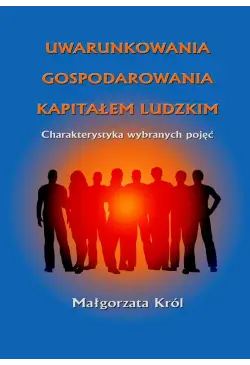

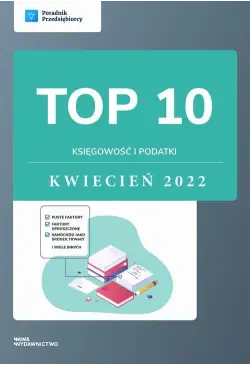
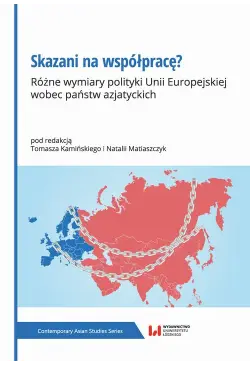



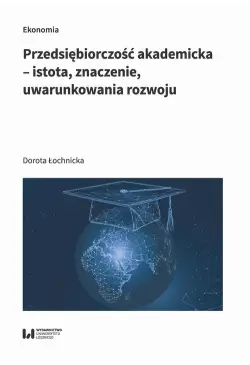
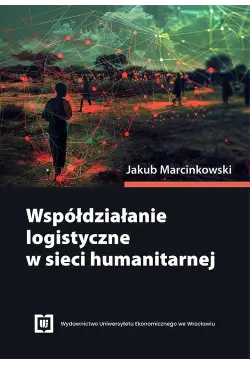
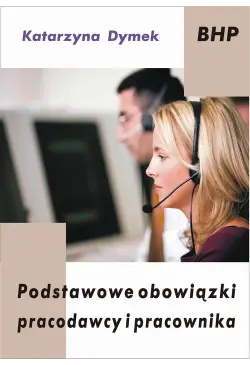

@CUSTOMER_NAME@
@COMMENT_TITLE@
@COMMENT_COMMENT@